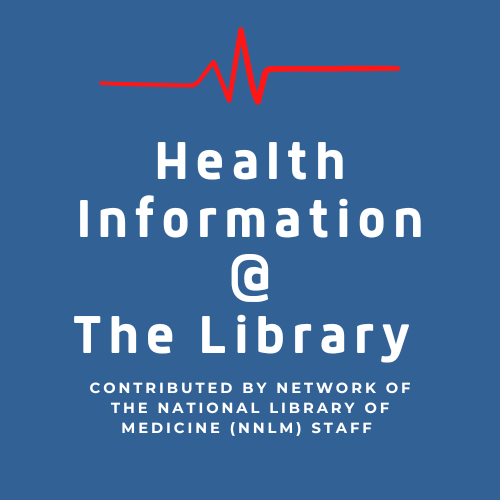New ALA Task Force Looks at Older Adults, Justice, and Libraries

Most public librarians not working exclusively in Children’s or YA can count a good number of older adults among their regular visitors. So how can libraries reach beyond the surface level in serving this important constituency in a just and equitable manner? A newly formed task force within ALA hopes to address that question. The Elder Justice Task Force got its start from conversations held after a session on services to older adults at the ALA Annual Conference last summer.
“We live in an aging society,” says task force co-founder and co-chair Joseph Winberry, an assistant professor in the School of Information and Library Science at the University of North Carolina at Chapel Hill. “People 65 and older are the fastest growing population in the U.S. and many countries around the world. At the same time, statistics indicate how ageism and elder abuse are considerable problems facing older people.”
With these larger issues of social justice in mind, the task force seeks to focus on what the library world can do to support the health, rights and dignity of older adults – whether they are library patrons or library employees themselves.
“Older adults are often considered a marginalized population,” says Kristina Shiroma, an assistant professor and health information researcher in the School of Information Studies at Louisiana State University. Shiroma serves as the task force’s other co-chair. “In the library education space, we learn how to serve children, young adults, and adults. However, older adult programming and resource education for librarians is often lacking, non-existent, or bootstrapped on the fly.
“We wanted to bring together those already doing this work to advance the social justice initiatives they are leading, serve as a resource for ALA, and challenge ALA as a whole to rethink how we serve older adults. We also want to build a community for those interested in serving older adults but who don’t know where to start.”
The task force is not the first or only effort within ALA to address needs of older adults. Important initiatives already exist to promote best practices in working with, for instance, people with dementia, as reflected in the work of the Library Services for Dementia/Alzheimer’s Interest Group. However, EJTF takes a broader approach.
“The Elder Justice Task Force, as part of the Social Responsibilities Round Table, seeks to support older adults whether they work in libraries or are patrons of them in order to address any inequities they face because of age or intersectional stigma and discrimination,” says Winberry.
That increased scope has prompted the task force to develop four goals that are discussed on its web page within the SRRT site:
- To challenge ALA and the library profession to be more inclusive of older adults;
- To collect and curate resources including programming support for serving older adults in libraries;
- To create a network for those seeking to serve older adults and disrupt stereotypes about this population in the library profession;
- To facilitate training for library staff on best practices for serving older adults.
A handful of libraries and other organizations have been meeting to develop the charter for EJTF, which is formed into work groups covering advocacy, training, resources and networking. This writer joined as one of two representatives for the Network of the National Library of Medicine, which has a mission that includes facilitating access to reliable health information especially for underserved groups like older adults.
NLM and other agencies within the National Institutes of Health offer librarians several free resources that include information about and for older adults. They include the Older Adult Health section of MedlinePlus, NLM’s database of health information for the layperson. You can find this list of Health Topics pages on conditions associated with aging. The National Institute on Aging also offers free publications in English and Spanish and other information on health topics via its website. All of these resources emphasize reliable information written to be readable and understandable.
Winberry recommends the Eldercare Locator, a public service of the federal Administration on Aging that connects older adults and their caregivers with local support services such as meals, transportation, home care, or caregiver education. His choice reflects the broader scope of EJTF rather than the health-focused missions of NLM and NIA. As Winberry notes, health issues are important to older adults as they would be for any group, but they are not the only concern. Shiroma points out that there is a strong tie-in to health when it comes to issues like digital access and literacy. Library programs that facilitate access to telehealth are one such example.
Shiroma offers a different type of resource – your nearest university. “Look for students studying fields like social work, gerontology, public health, or library science,” she says. “There are great opportunities for collaboration, whether it’s offering internships, practicum placements, or project-based research.”
A word on the name Elder Justice Task Force: The founding members settled on it after acknowledging that a variety of perspectives exist on the best term for someone 65 or older. The title aligns with terminology used by the U.S. Department of Justice, organizations like Justice in Aging and the National Council on Aging, and the writings of scholars in the field.
Of course, as with any good cause at ALA, EJTF is looking for library professionals who want to help out. If you would like to get involved, just fill out the interest form on the website.
Tags: elderjustice, healthinfromationathelibrary, NNLM, servingseniorsatthelibrary









